

Story Physics: Reaction Beats
Newton’s third law says every action will have an equal but opposite reaction. This is true in stories, too … or at least it should be. How do we get to know characters, even as they flit from one conflict-ridden chase scene to the next? Through reaction beats.
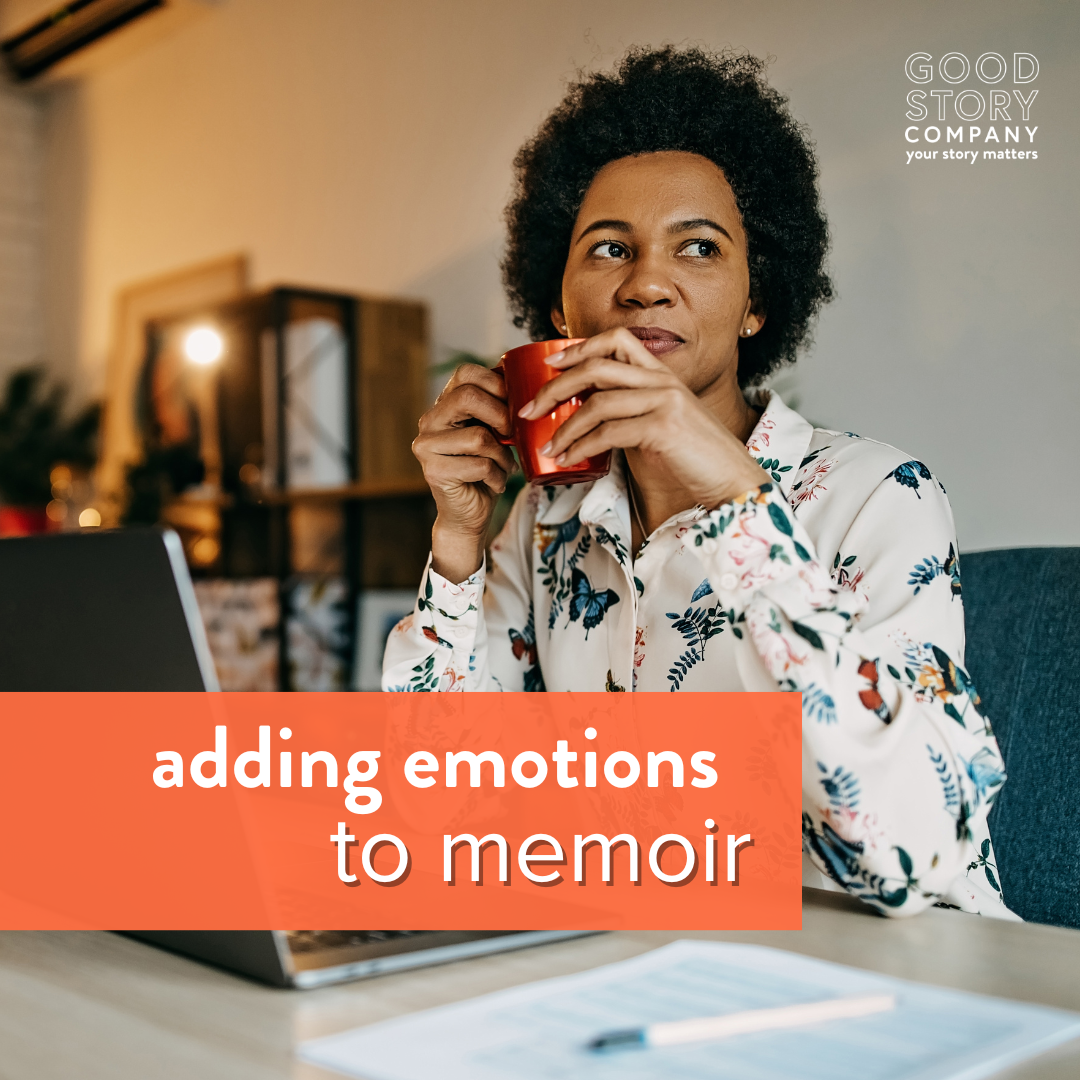
Adding Emotions to Memoir
Stories are memorable because of how they make us feel. Writing memoir means remembering and possibly reliving the emotions tied to the experience. I’ve come to think of it as a two-step process.
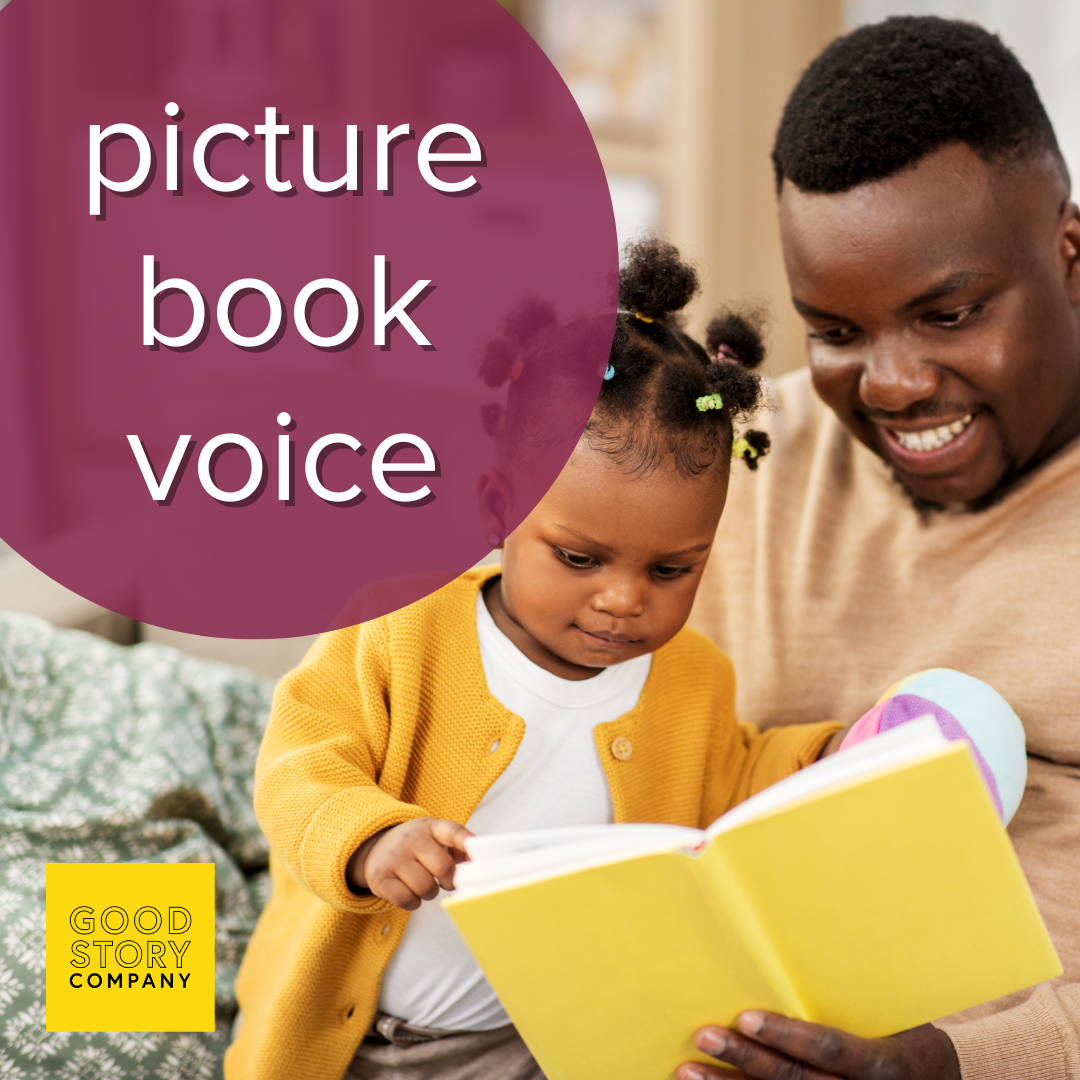
Picture Book Voice
Your voice is unique to you. It’s how you talk; the combination of sounds, the words you choose, your sarcasm or humor, etc. Those same idiosyncrasies factor into writing voice. It’s a writer’s stylistic choices, the POV character’s personality, and the audience you’re telling the story to. So, what’s picture book voice?
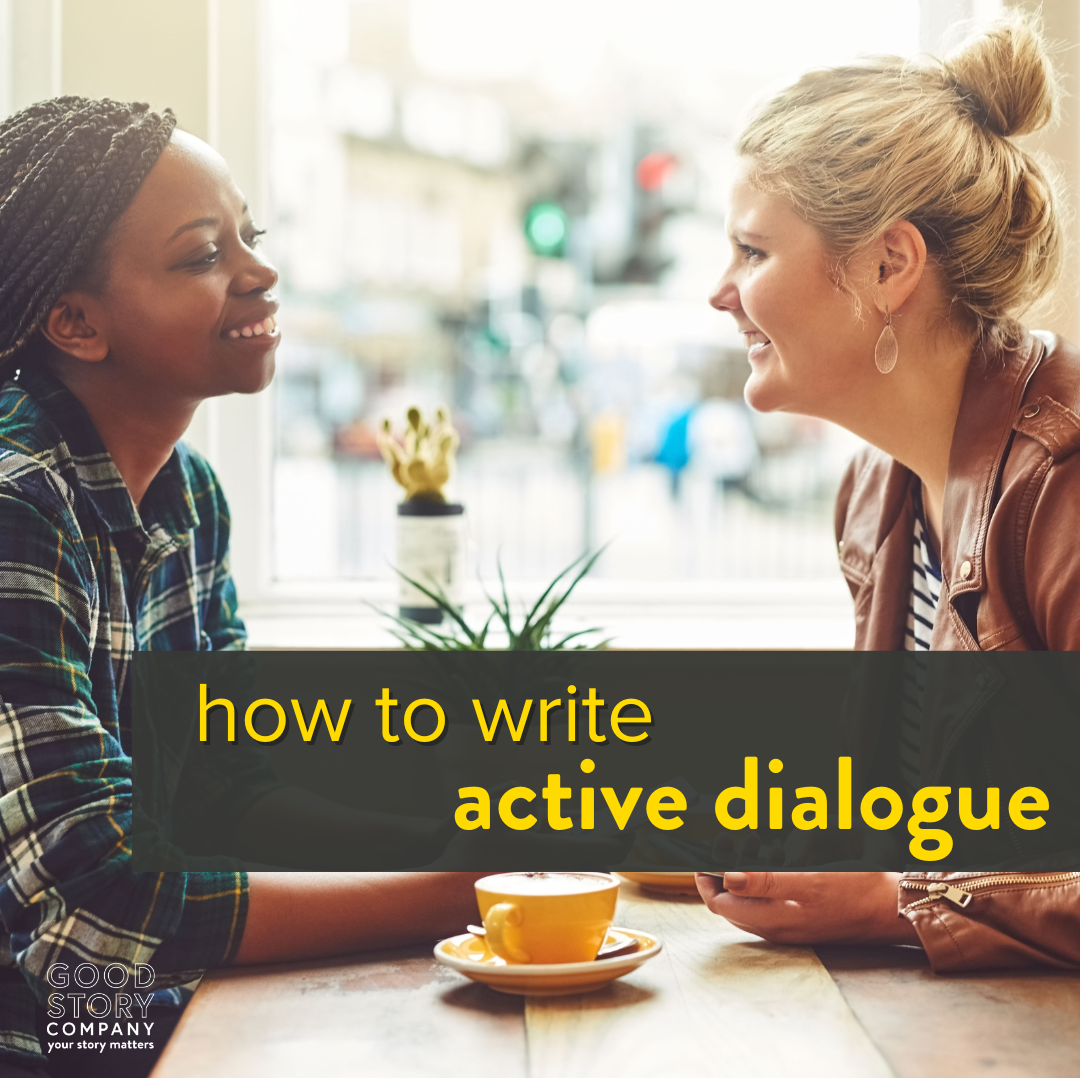
How to Write Active Dialogue
Writing dialogue is tricky. It seems like it should be the simplest part of the process, because we’re all familiar with what conversations sound like. There’s a difference, though, between a conversation you might have and how to write active dialogue in your story.
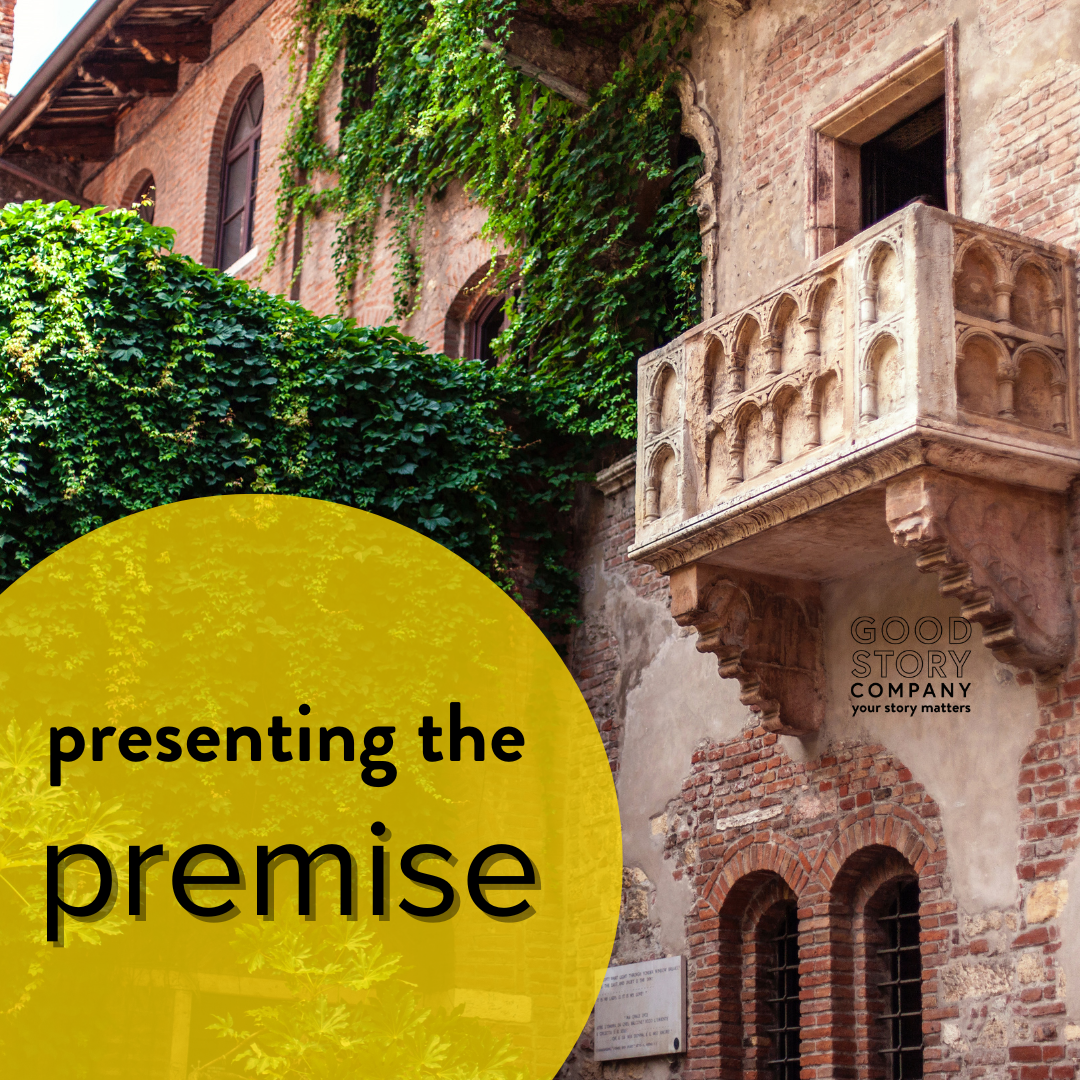
Presenting the Premise
A series of things happening doesn’t make a story. Without a clear premise, readers have no idea what to expect from the story or why they should keep reading. Here's how to establish your premise from the start.

Picture Book Ideas
Picture book ideas can be hard to generate. Sometimes it seems like everything has been done! How can you come up with a good idea?
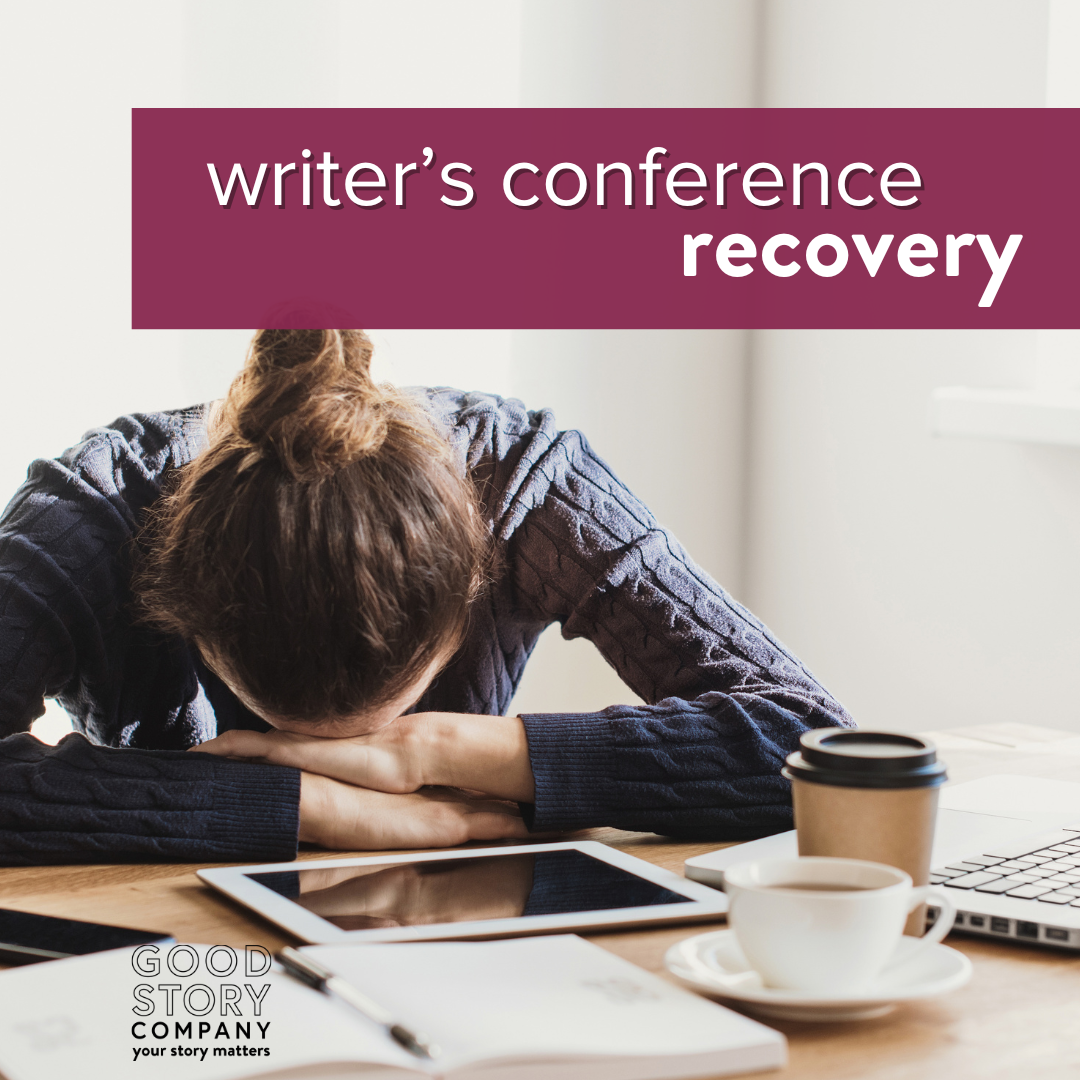
Writers Conference Recovery
There are plenty of articles online writers conference preparation—what to pack, what to wear, how to behave, and how to get the most out of your experience. But what about after the conference is over?
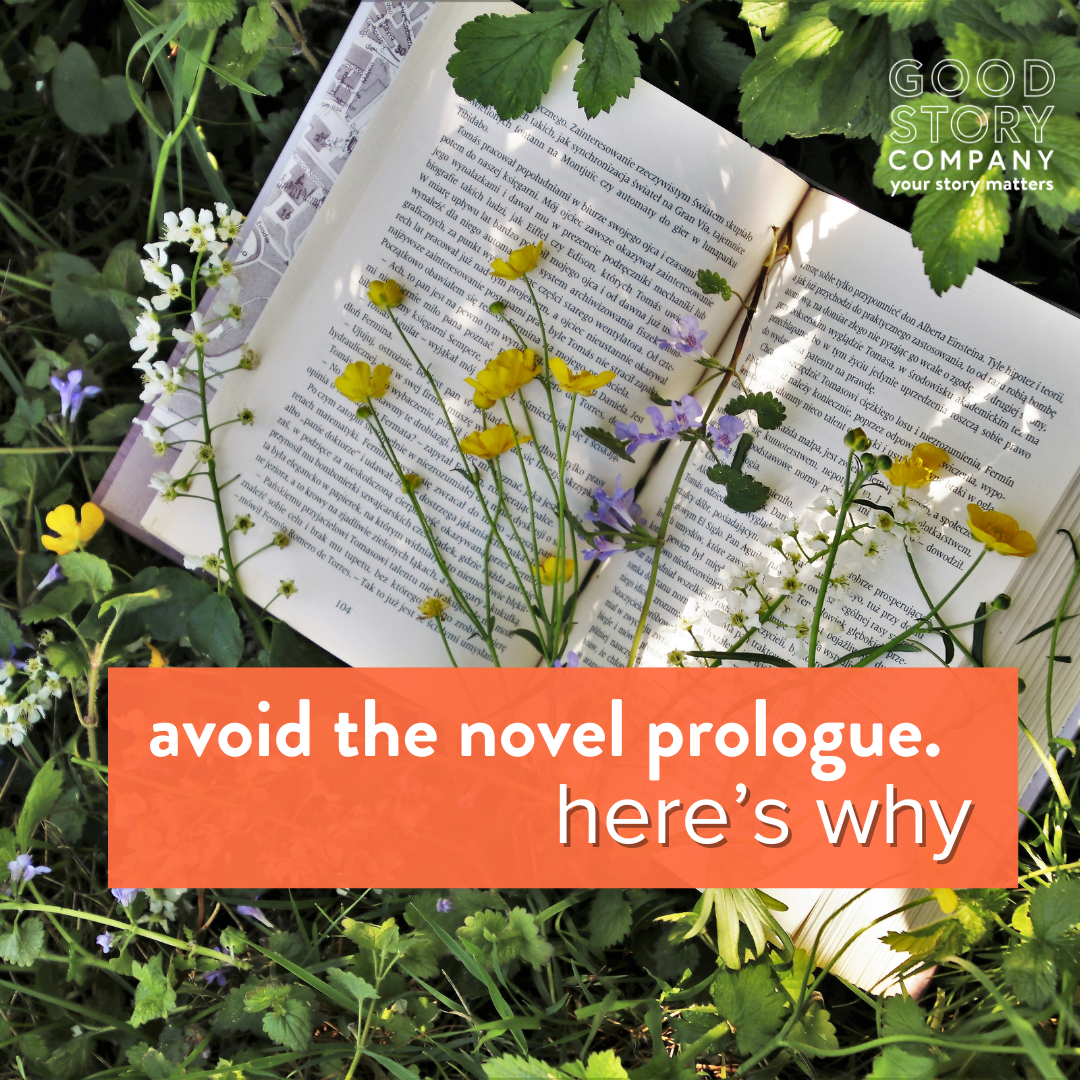
Avoid the Novel Prologue. Here’s Why.
You want to include as little backstory in your opening as possible, yet sometimes you feel you need to explain certain elements to the reader up front, so a prologue seems like an obvious solution. So why do so many people advise against them?
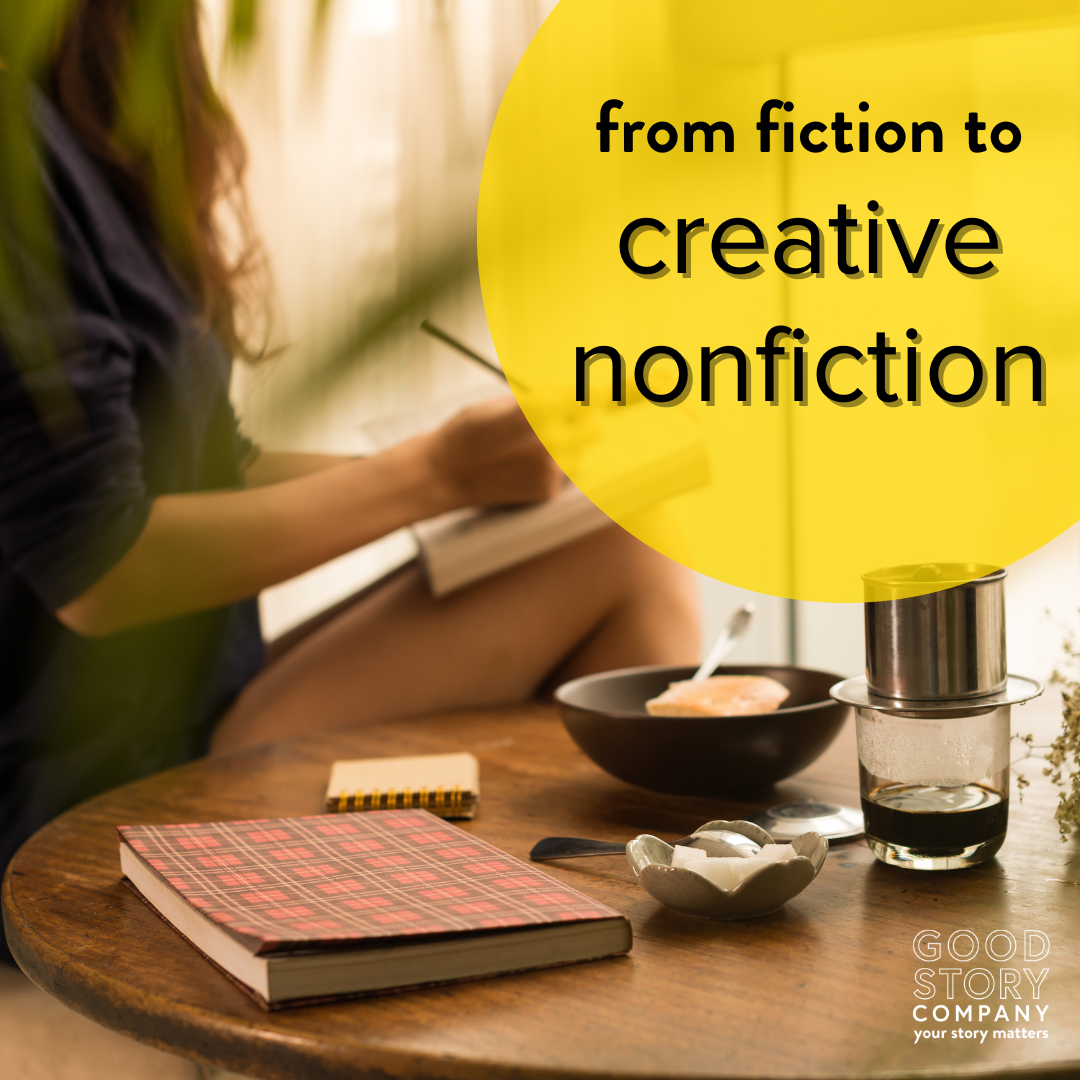
From Fiction to Creative Nonfiction
Everyone has a story to tell. But what if you’ve only ever written fiction? Maybe it’s time to try something new. Writing your life stories is a great way to expand your writer’s craft toolbox and will add creative nonfiction to your writing portfolio.
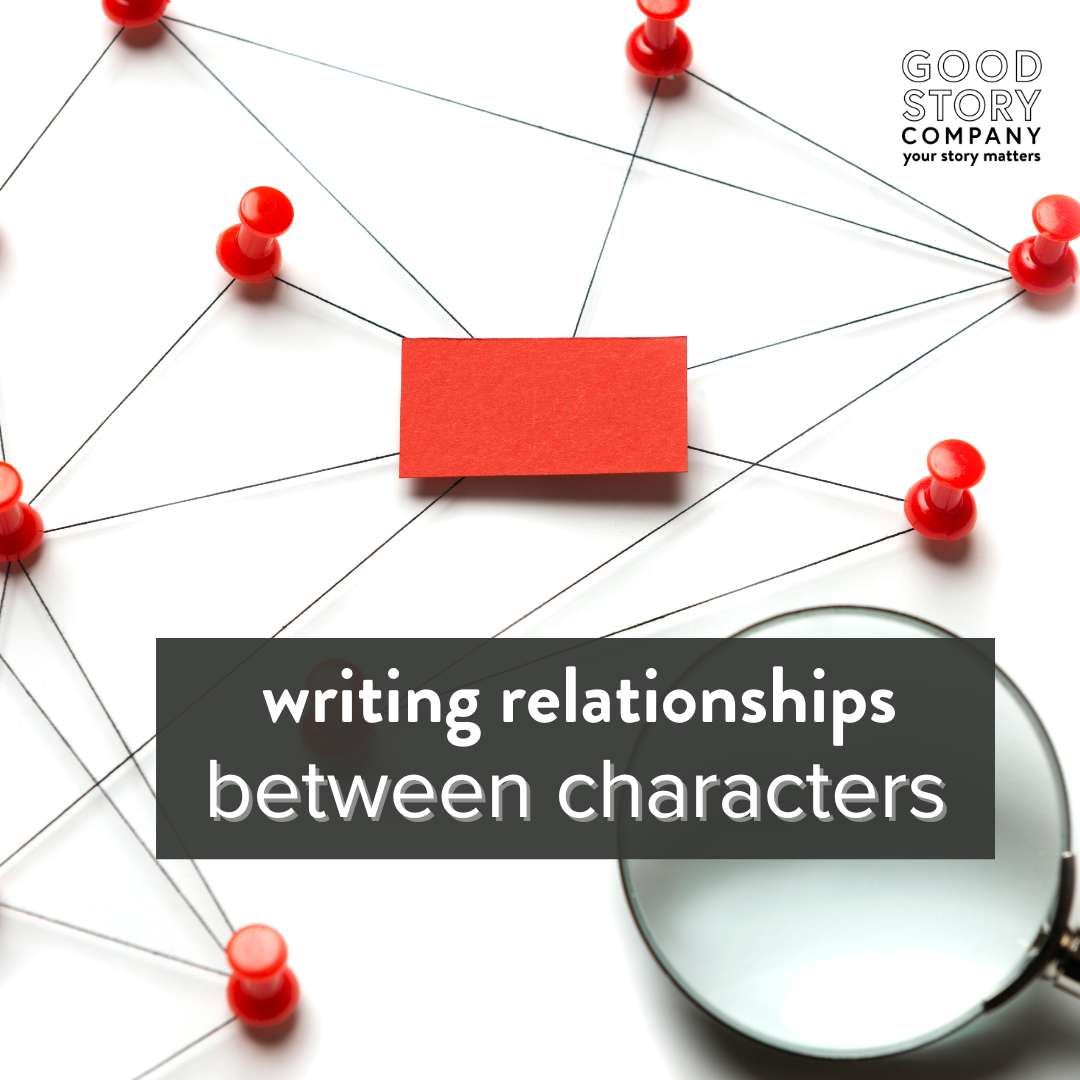
Writing Relationships Between Characters
Populating your world with interesting people can make readers care about your story, and writing relationships between characters can inspire them to ship, daydream, and root for your characters. Here’s how to help them come alive on the page as real, believable people.

Finding Critique Partners
You’ve typed ‘The End’ on your manuscript, and now you’re ready to get published. Not yet! First, finding critique partners will help you polish your work for submission.
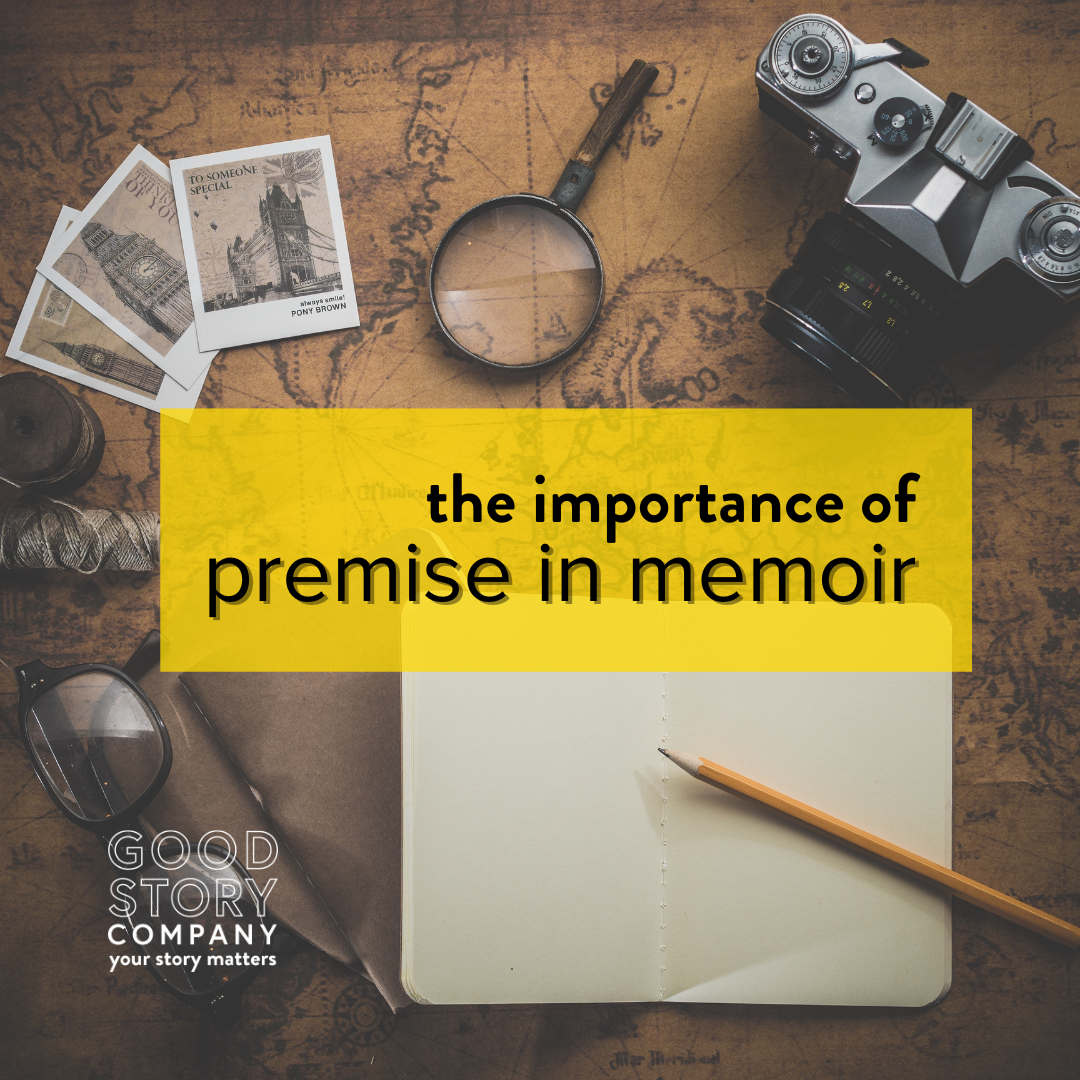
The Importance of Premise in Memoir
Premise is the short summary of your story, also known as the hook or logline, that informs the reader’s expectations of where the story will go. Stay on track and learn how to structure your personal story with strong premise in memoir.

Healing Writer Burnout
Writer burnout is a cousin to writer’s block, with a few key differences. Both states leave you feeling like you should write, you need to write, but you just can’t. I’ll share five tips that’ll help you recover from writer burnout.

3 Writing Practices To Make You A Better Memoir Writer
If you’re struggling to figure out how to write your memoir or can’t seem to find the right words, here are three writing practices to make you a better memoir writer and help your memories, reflections, and musings shine bright and clear.
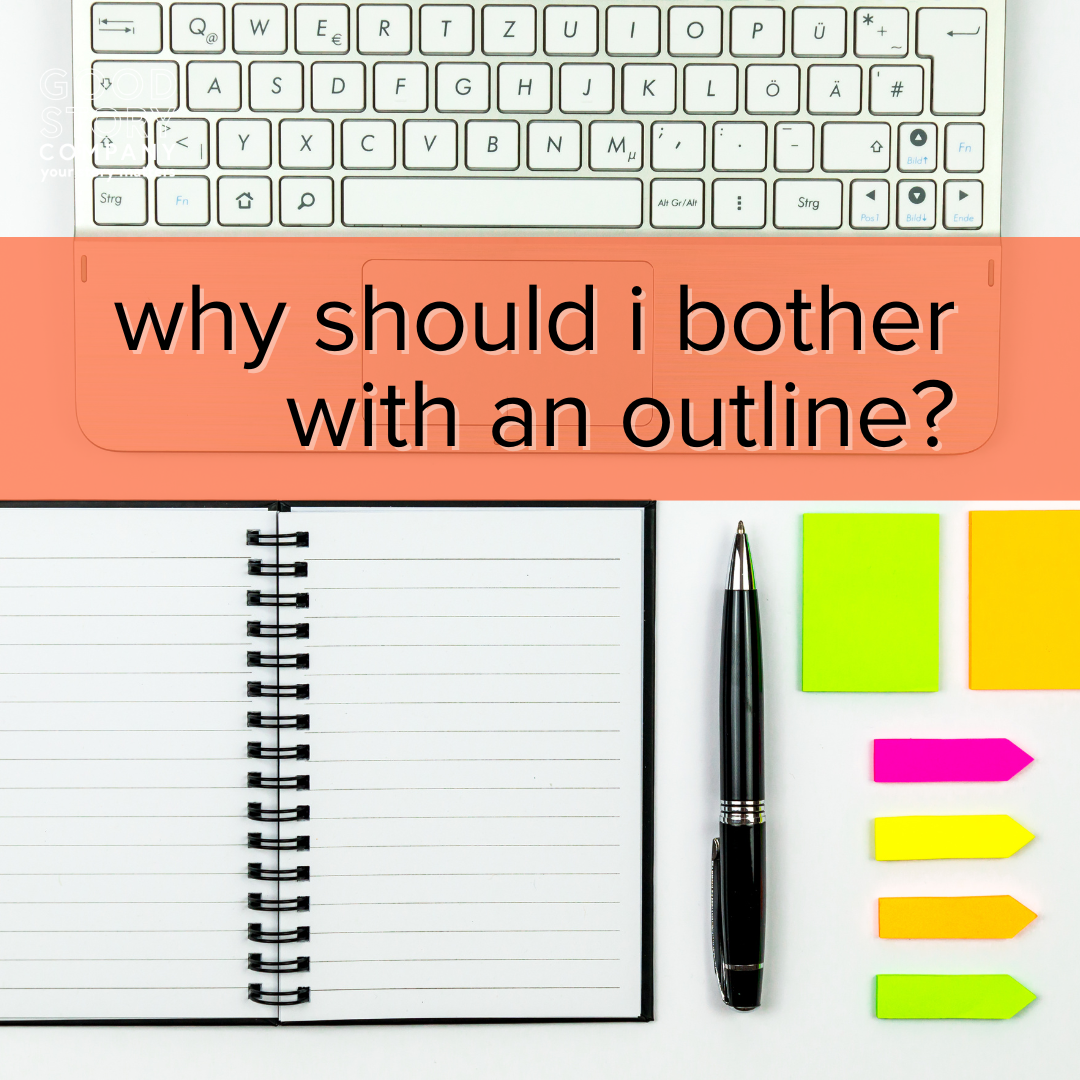
I’m Writing a Novel. Why Should I Bother with an Outline?
To outline or not? Writing projects start with a spark—a character, a scene, a what-if moment. But what happens from there?
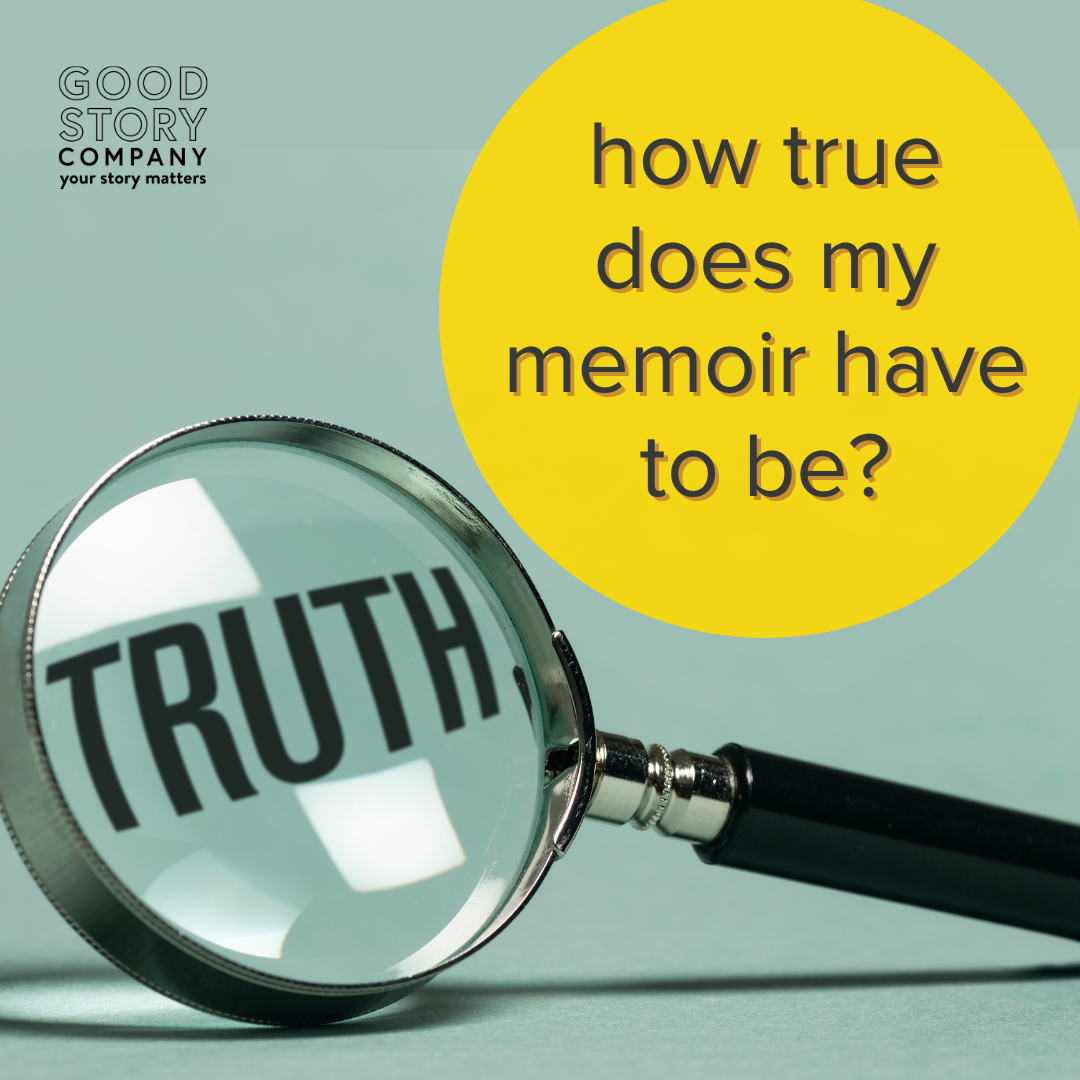
How True Does My Memoir Have To Be?
Many aspiring memoirists wonder: how true does my memoir have to be? It can be daunting to think about the holes in our memory, the times we disagree with others about what really happened, or the way time has altered our perception. No one wants to become the latest scandal for lying in a memoir!

How to Cure Writer's Block
Regardless of who I’m talking to—an audience of kid readers, or a group of teachers at a workshop, the most common question I receive is: how to cure writer’s block?
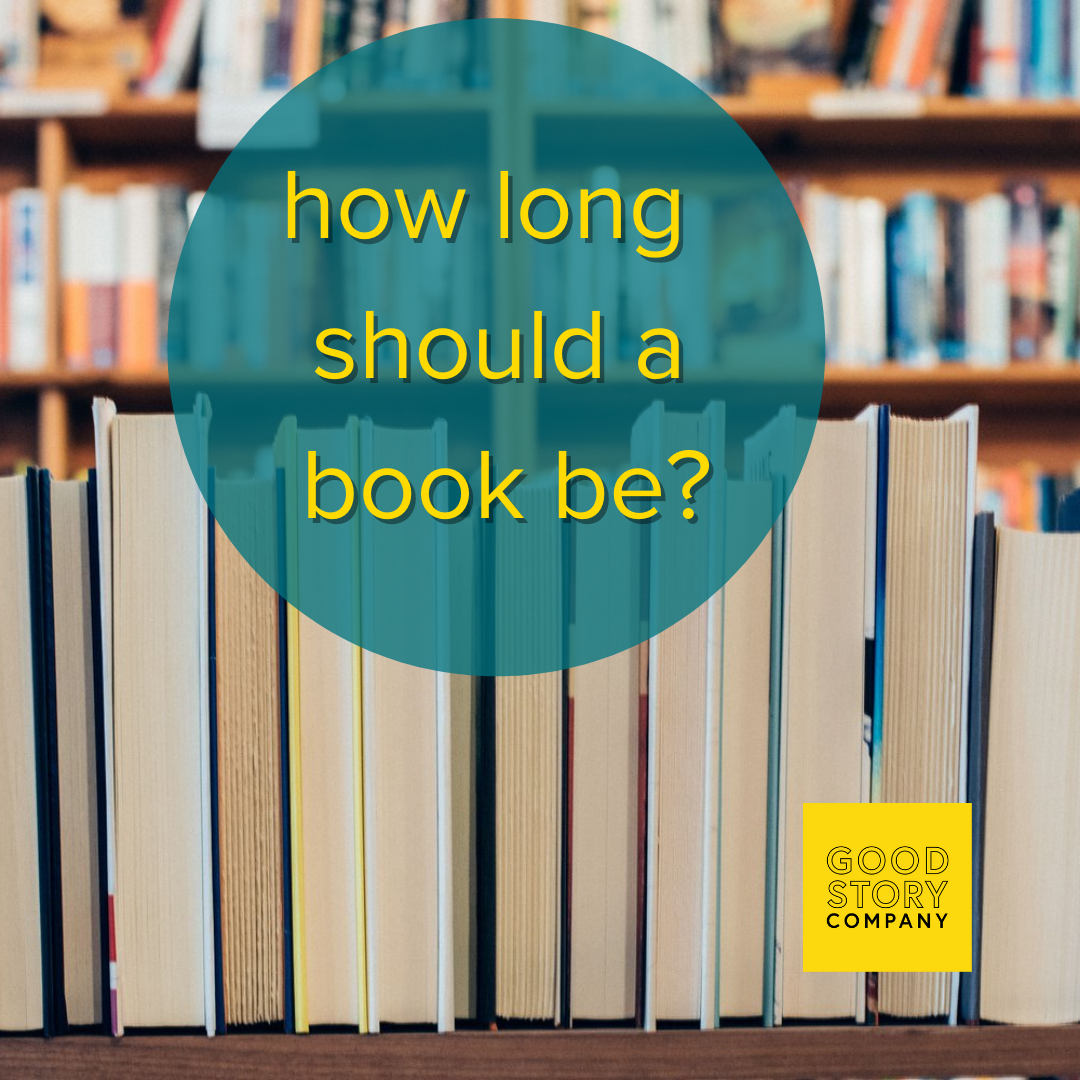
How Long Should a Book Be?
Writers have a love-hate relationship with word count. It’s one of the necessary evils we deal with to determine if a manuscript meets an acceptable published length. So how long should a book be? Here’s a guide to help you answer.
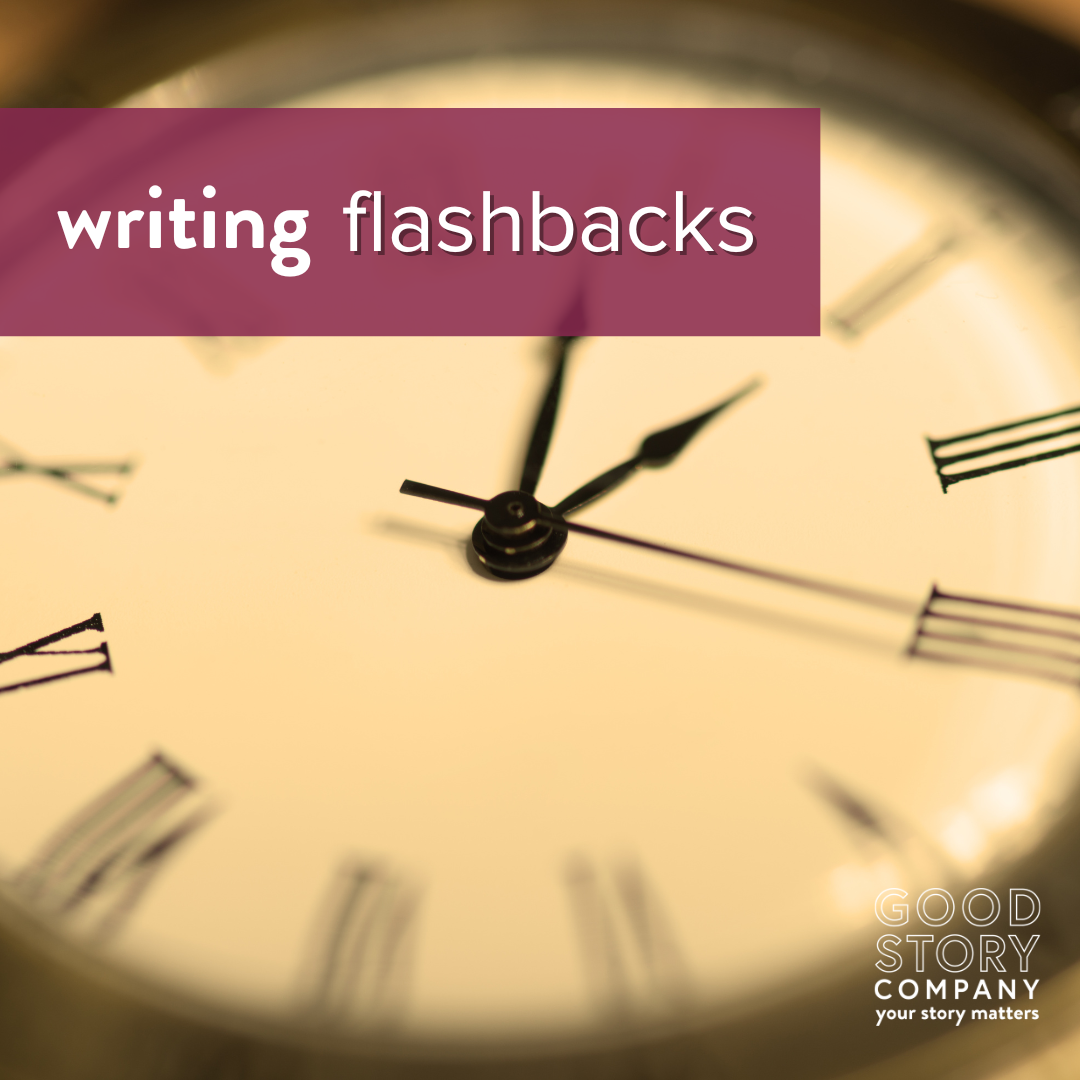
Writing Flashbacks
Writers are often cautioned away from flashbacks, but they can connect the dots between the past and who the characters are now. Read on for tips on writing flashbacks that function well.
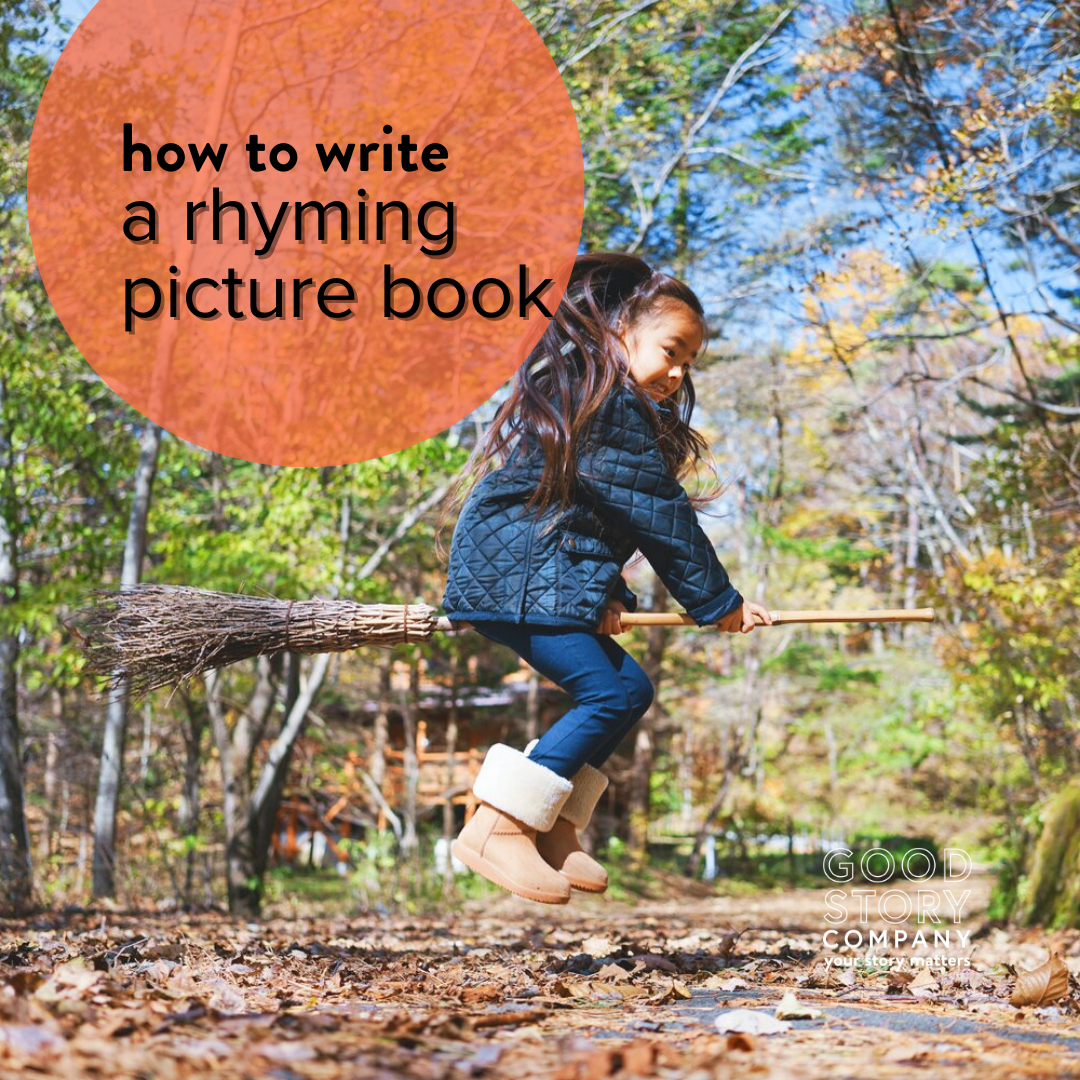
How to Write a Rhyming Picture Book
When done well, rhyming picture books are snappy, quotable, and fun to read. Children retain the words more easily and begin to identify patterns and sounds: a real treat. The problem? Writing a good rhyming picture book is much trickier than it looks.
